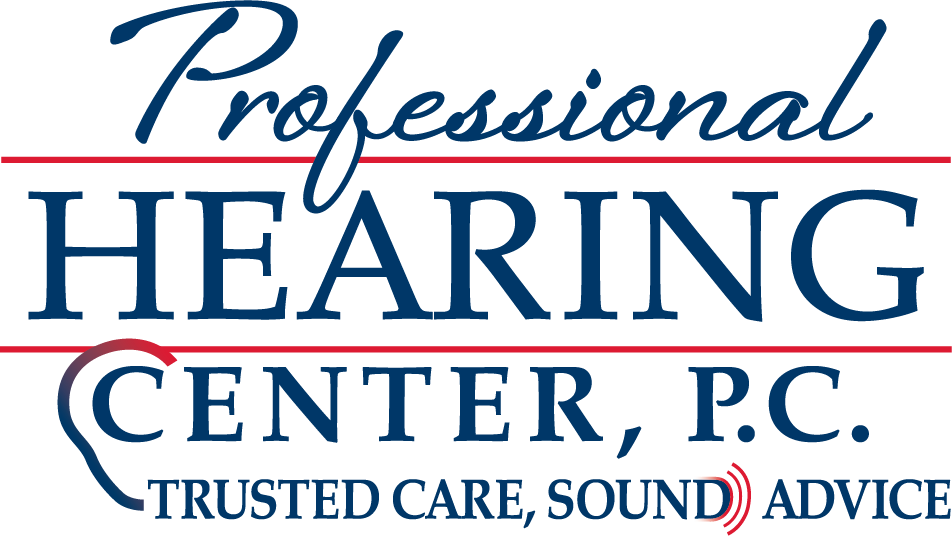
Hearing aids are intended to help make up for your individual hearing loss condition. Whether you are new to using hearing aids or have been using them for years, if your hearing aids give you headaches or any other type of pain, there is a solution.
A correctly adjusted hearing aid will fit comfortably in your ear and give you the quality of amplification that meets your specific requirements. If this is not the situation, you should make sure you have the appropriate type of hearing aid and that it’s been properly adjusted.
Your hearing aid requires adjustment if you notice any of these signs
Headaches can be the result of incorrectly adjusted hearing aids. Typical, poor adjustment or incorrect use is the reason. Here are a few problems that could occur if you’re dealing with this problem:
- Inadequate sound quality. Poorly adjusted hearing aids can boost the volume of high intensity sound causing a loud irritating feedback that can harm your ears. Hearing aids in this state can also make quieter sounds inaudible.
- Feedback noise. Your hearing aid might pick up and boost background noise, such as wind, which can also trigger irritating, high-pitched feedback noises.
- Headaches and tinnitus. Hearing aids that are picking up loud sounds and amplifying them further can be painful to your ears and can trigger not only headaches but also tinnitus. This normally happens in hearing aids with internal control settings that have been set too high.
Over-the-counter hearing aids
Even though you can go to a local store and get a less expensive personal amplification device (over the counter hearing aid), these devices won’t be customized for your personal hearing loss needs.
Hearing loss is distinct to every individual so merely amplifying all sounds won’t be enough to help your hearing. There are many instances of hearing loss in which individuals lose the ability to hear a certain frequency. In order for a hearing aid to allow people to hear clearly in different settings, they will need accurate adjustment.
Professional hearing aid adjustment
One of the best ways to make sure your hearing aid is properly fitted is to have your individualized hearing aid fitted and adjusted. Custom-fitted hearing aids will be fabricated just for you using molds of your ears. Once the proper fit is obtained, we will need to adjust the hearing aid settings so you can differentiate unwanted noise and the sounds you want to hear.
Your hearing aid should also make automated adjustments, which will allow you to hear background noises in different environments without interference. In order to make sure you get the right hearing aids for your individual needs, you may need to come in more than once. And with significant hearing loss, your brain will need to become accustomed to hearing again in stages, so your hearing aid will need to be programmed in stages.
Give us a call for an appointment if you think your hearing aid may need a tune-up.
Call Today to Set Up an Appointment
References
https://www.mayoclinic.org/diseases-conditions/hearing-loss/symptoms-causes/syc-20373072
https://www.nidcd.nih.gov/health/hearing-aids#hearingaid_08
